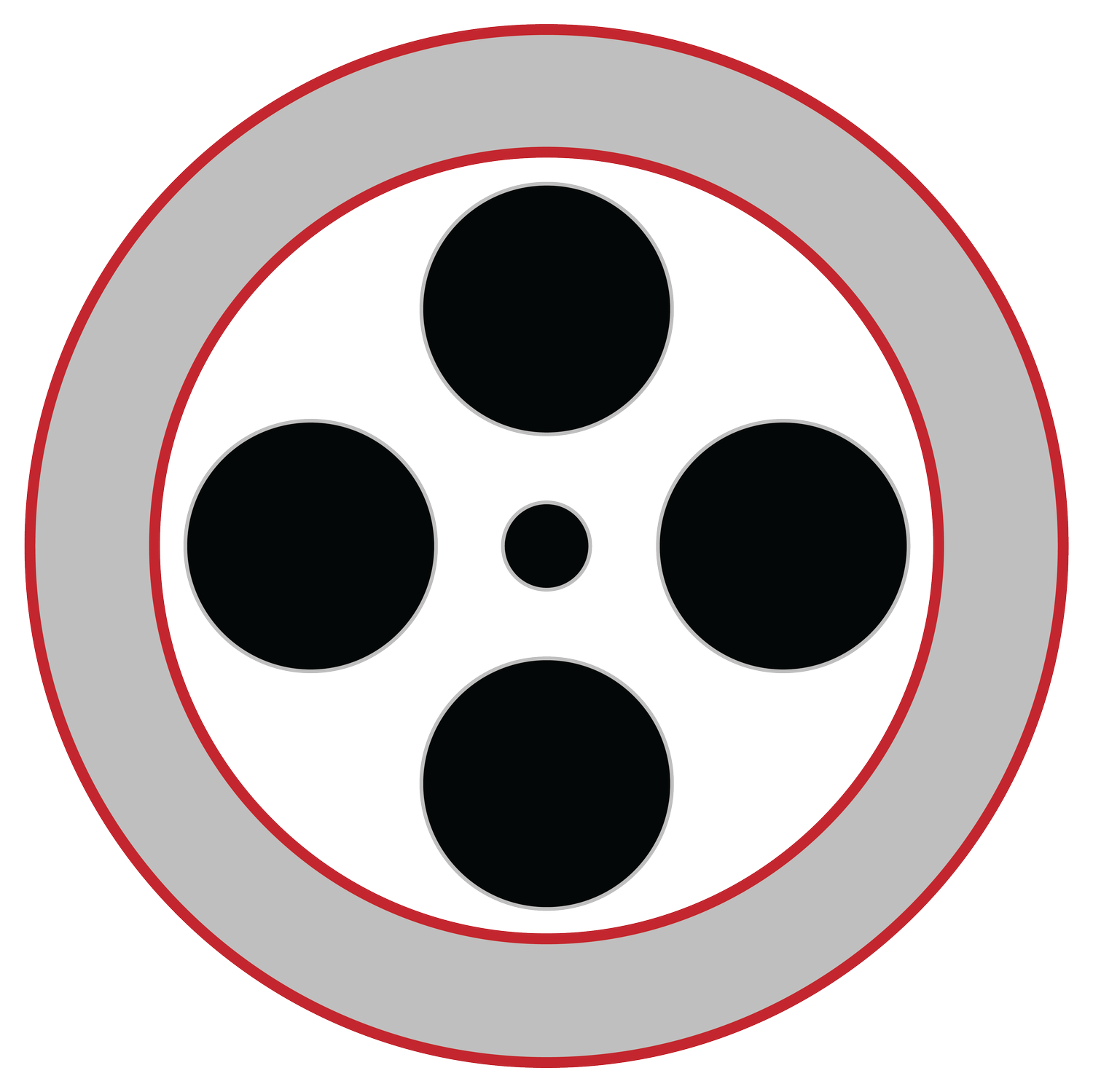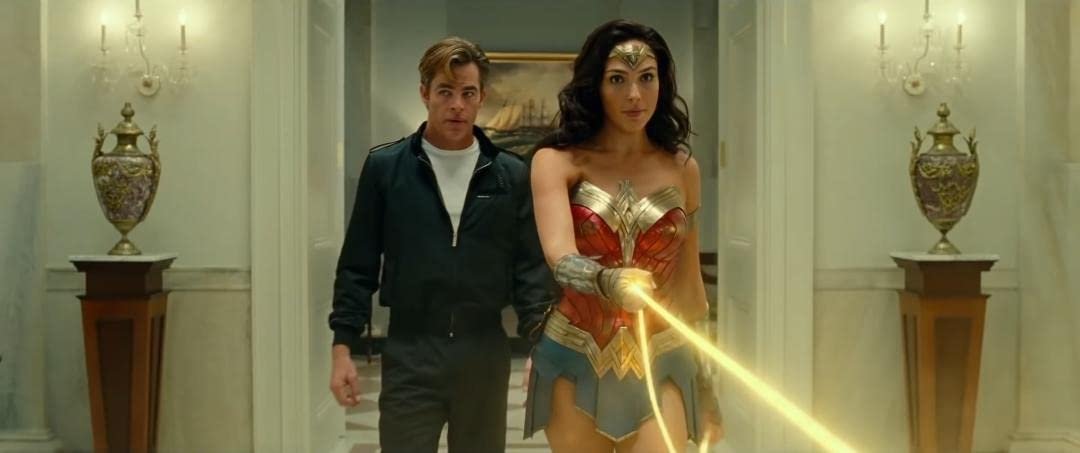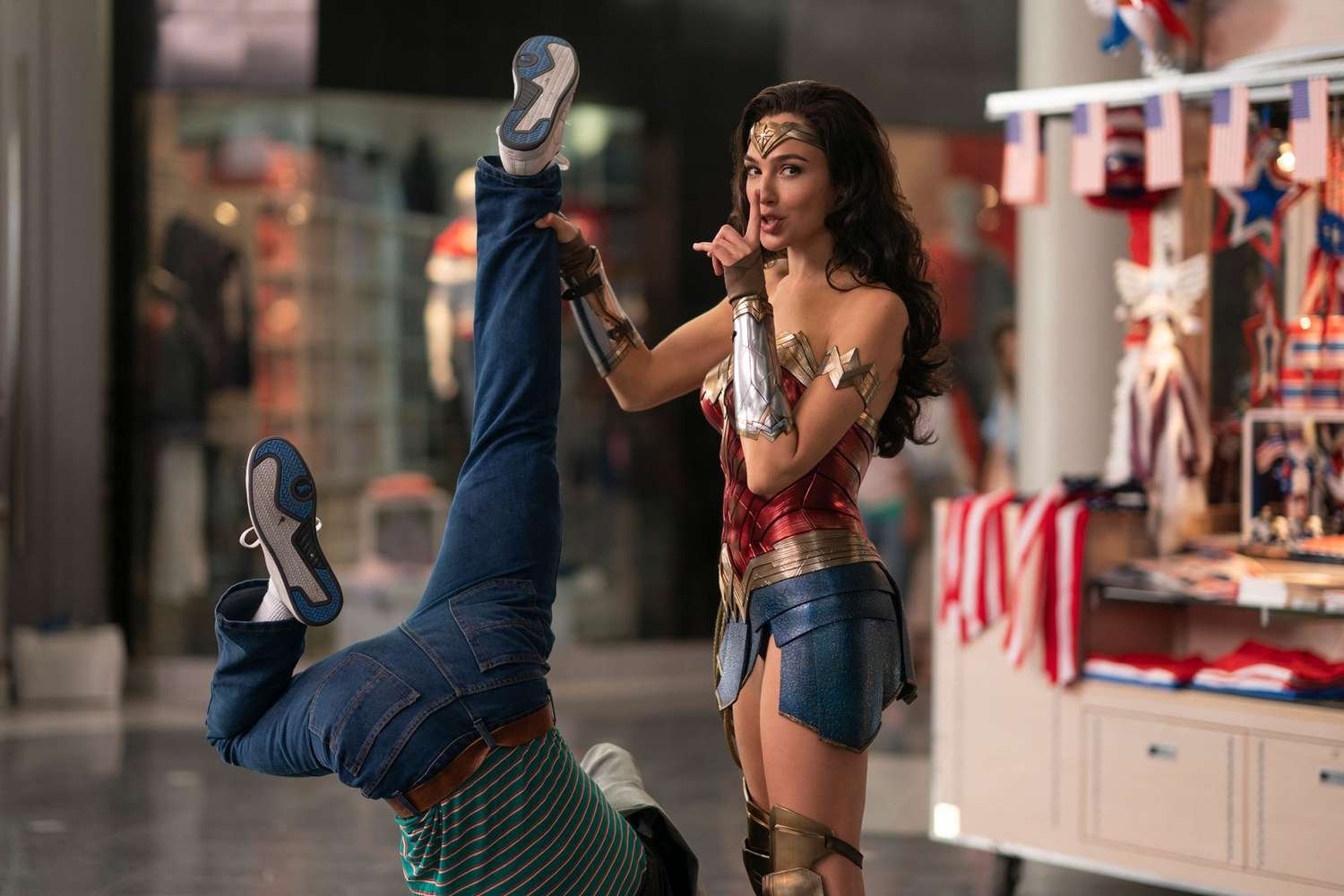Wonder Woman 1984: A DCEU Retrospective (Part 9)
Rating – 5/10
**SPOILERS**
Welcome back to the DCEU Retrospective, where we are officially past the halfway point in this series. We are also coincidentally at the point where things start going very very wrong. Who wants to go back to 2020?
Wonder Woman 1984 is the first official sequel in the DC Extended Universe, and the followup to arguably the most popular film thus far. It was announced about a month after the release of the first film in 2017, so it actually got released fairly quickly considering the infamous history of DCEU projects lost to development hell (which still included a sequel to Man of Steel and a new Justice League movie). Patty Jenkins and Gal Gadot were both confirmed to return as director and star respectively, and there was little reason to think that this film wouldn’t reach the heights of the first.
So. About that.
Early on in production, WW84 was described as a more standalone film and less of a sequel, sort of like an installment in the Indiana Jones or James Bond franchises. This allowed Jenkins and the other screenwriters to break away from the style and tone of the 2017 film, creating something totally unique, and largely taking aesthetic inspiration from its 80s setting. Jenkins was already taking a bit of a risk, but the first Wonder Woman gave her enough goodwill that a lot of audiences were willing to give the benefit of the doubt.
In WW84, Diana Prince returns, working at the Smithsonian in Washington DC while keeping her activities as Wonder Woman a secret to the public. When she encounters a relic called the Dreamstone, which has the power to grant anyone who touches it a single wish, she has to fight to keep it out of the hands of oil tycoon Maxwell Lord (Pedro Pascal) with the help of her revived love from World War I, Steve Trevor (Chris Pine). WW84 is a messy film that, while doesn’t sink as low as some other films in the franchise, leaves a lot to be desired.
To be fair, WW84 has its positives. It’s a very popular thing to hate on Gal Gadot right now, but as someone who hasn’t seen the new Snow White movie, I don’t think she’s that bad, at least not in this film. She does a fine job, especially in some of her more emotionally heavy moments. In the first film, she had some stilted line readings that she got away with because they went well with Diana’s naive attitude. Here, there isn’t anything nearly as stilted. If Gadot’s performance has any limitations, it’s in the material she had to work with (more on that later though). It also goes without saying that Gadot still handles the action scenes well, even if there’s nothing as iconic as the No Man’s Land sequence from 2017.
However, Chris Pine is probably the highlight of this film. As he is now a fish out of water in the 80s, Pine gets to be the comic relief of the film, bringing something delightfully goofy in just how in awe Steve is of how the world has changed since WWI. His first time seeing modern planes and getting to fly them might be a highlight for me, as Pine just brings so much infectious joy on the screen. His chemistry with Gadot is also one of the movie’s strongest aspects. The connection between Diana and Steve still shines, and results in some genuinely sweet moments. Jenkins’ direction is still solid, and even improved in places. Action scenes in particular are edited a bit better, and at times shot better too (it helps that there are significantly less slow mo shots). She also takes advantage of the movie’s lighter tone to implement some sillier aspects of comic lore that might not have worked in the stylings of the 2017 film (I’m particularly a fan of how they included the iconic if dated invisible jet).
Aside from that though. Um.
For one thing, the 80s aesthetic and tone here just isn’t as interesting as those of the first film. The muted yet gorgeous colors are replaced with bright, gaudy colors often associated with the 80s, which feel like a little too much. Its tone also rarely delves into the more evocative darker territory Jenkins was able to balance with lighter beats back in 2017, at times feeling like a kids movie (the opening Olympic games style sequence from Diana’s childhood in particular). I can appreciate the efforts to be different from what came before, but it gets a little too cheesy and over the top for its own good. It also should be noted that there is again some very rough, often weightless feeling CGI, which I feel like I say a lot in this series, but it is for good reason.
On that note, I should mention one of the antagonists, Barbara Minerva aka Cheetah, played by Kristen Wiig. She’s a fine villain, starting as a nerdy friend of Diana’s who wishes to be “like her”, but the writing needs work. At the start she’s written like the awkward girl in a Disney Channel original movie, where she’s just a nerd who wears glasses and drops all her papers in the hallway (when she wishes to be “cool and sexy” among other things, she does in fact stop needing her glasses, because she’s hot now and all Disney movies know that glasses make you ugly). It’s testament to how generic the writing can be. She gets a little better when she starts going down a villainous route, but then she gets her Cheetah final form, and the effects are just haunting, but in the bad unintentional way (Someone took the wrong lessons from watching Cats, it seems). It doesn’t help that her final fight with Diana is probably the worst action scene of the movie that goes back to the ropey effects and iffy editing that plagued the first movie.
Speaking of villains, Pedro Pascal as Maxwell Lord gives a fundamentally goofy performance. The third act is largely him laughing maniacally and saying every cliche villain line in the most over the top way possible (he even throws in the obligatory “join me and we’ll be unstoppable” speech to Diana). The whole thing is frankly hilarious, but the problem is that I can’t tell if Pascal is in on the joke. Like I’m laughing, he’s laughing, but I don’t know if he’s realized he’s the punchline. I feel like I’m laughing at him rather than with him, but that sentiment will probably vary with the viewer.
Maxwell Lord also shows off what feels like a lot of placeholder dialogue throughout the script with his standard villain lines. The other example I think of is an early scene with Diana and Barbara (when she’s still a nerdy glasses girl) getting lunch, and the scene starts with Diana laughing and saying “you’re so funny!” That is just the peak of horrible writing right there. Show the audience she’s funny by having her say something funny, don’t just tell us she’s funny and expect us to buy it. There’s a lot of this going around here.
This all goes to show that the script is what really holds this film back, and not just in the dialogue department. WW84’s story is full of big swings and themes that it doesn’t explore thoroughly enough to be successful. At its core, this is a story about greed, and the danger of instant gratification, and this comes through the Dreamstone. This is an inherently interesting concept to explore in a world full of screwed up dopamine receptors. However, the topic is approached in a painfully simplistic manner (really not helping with feeling like a kids movie), which often makes the film feel embarrassingly naive.
According to this film, the entire planet decides to wish for things that make life worse for everyone, and we end up with riots, fires in the street, mass deportation (don’t know if that bit’s aged like wine or milk honestly), and literal impending nuclear holocaust. For some reason nobody asks for world peace, or an end to prejudice, or cures to disease. Also apparently nobody wishes for contradictory things. But either way Diana speaks to the entire planet (the movie has an international broadcast island that feels ripped from an old, dated James Bond movie) and convinces everyone to renounce their wish to solve all the problems, and then everything is perfectly fine and everyone is happy and there are no ramifications or questions for humanity after this. This is a far too simplistic way to approach the problem. The topic could have some relevance 5 years later, as it invites questions exploring how the world would handle the topic. What if people wish for good things? Would people be willing to give those things up for the greater good? The film feels like it wants to explore all the risks of instant gratification, but Jenkins and Co. dodge these deeper layers, destroying any hint of intrigue and commentary the film has to offer, and causing the film to fail to reflect anything resembling reality.
As for one other script issue, Jenkins chose a bizarre way in which to bring back the deceased character of Steve Trevor, which is done by Steve taking over a random man’s body and throwing him into dangerous situations and an implied sexual relationship without the ability to consent. Nobody knows what happened to the original guy’s consciousness for all this. Obviously this created a lot of controversy at the time, with some audiences describing it as rape. It undeniably casts an icky shadow over the film (especially its overwise charming romantic scenes). After researching and thinking about it for 24 hours, I can’t find a reason as to why this was done (Patty Jenkins endorsed a tweet defending this as a “body swap” plot, but that doesn’t really hold up because whose body did the original guy go to? Steve’s atomized skeleton? This is a blatant possession). It displays an uncomfortable lack of awareness on the often downplayed existence of male sexual assault, made frustrating by the fact that Steve literally could’ve just appeared without taking over a body and nothing would have changed.
Wonder Woman 1984 isn’t the worst among the DCEU, but as the follow up to one of their best movies, it is one of the most disappointing. Patty Jenkins seems to have wanted to avoid this comparison between the two movies, but the nature of making a sequel is that it’s almost always going to be forever linked to the first. WW84 deserves credit for trying to do something different, but it just doesn’t work as well. Even without the comparison, its tone is just a little too light and its messaging too simplistic. Suffice to say, Wonder Woman 1984 did not get the rave reviews nor the box office success of its predecessor.
In terms of the latter however, it’s a bit complicated. As I’ve been hinting at since the beginning, the DCEU’s downfall was mainly due to poor creative choices and studio mishandling, but in its later years can also be attributed to an incredible degree of bad luck. Of course, in this case the franchise’s misfortunes were a bit overshadowed by the misfortunes of literally everybody else at the time. WW84 came out in 2020 (after several delays), when the Covid-19 pandemic was in full swing. This alone would decimate the box office of all movies at the time, but WW84 also lost numbers due to the choice for a simultaneous release on HBO Max. While the film was apparently a success for the streaming service, the overall DCEU would suffer from the pandemic and its effect on box office numbers, as well as the numerous production issues it caused.
Unfortunately, this was not the end of the franchise’s bad luck.









